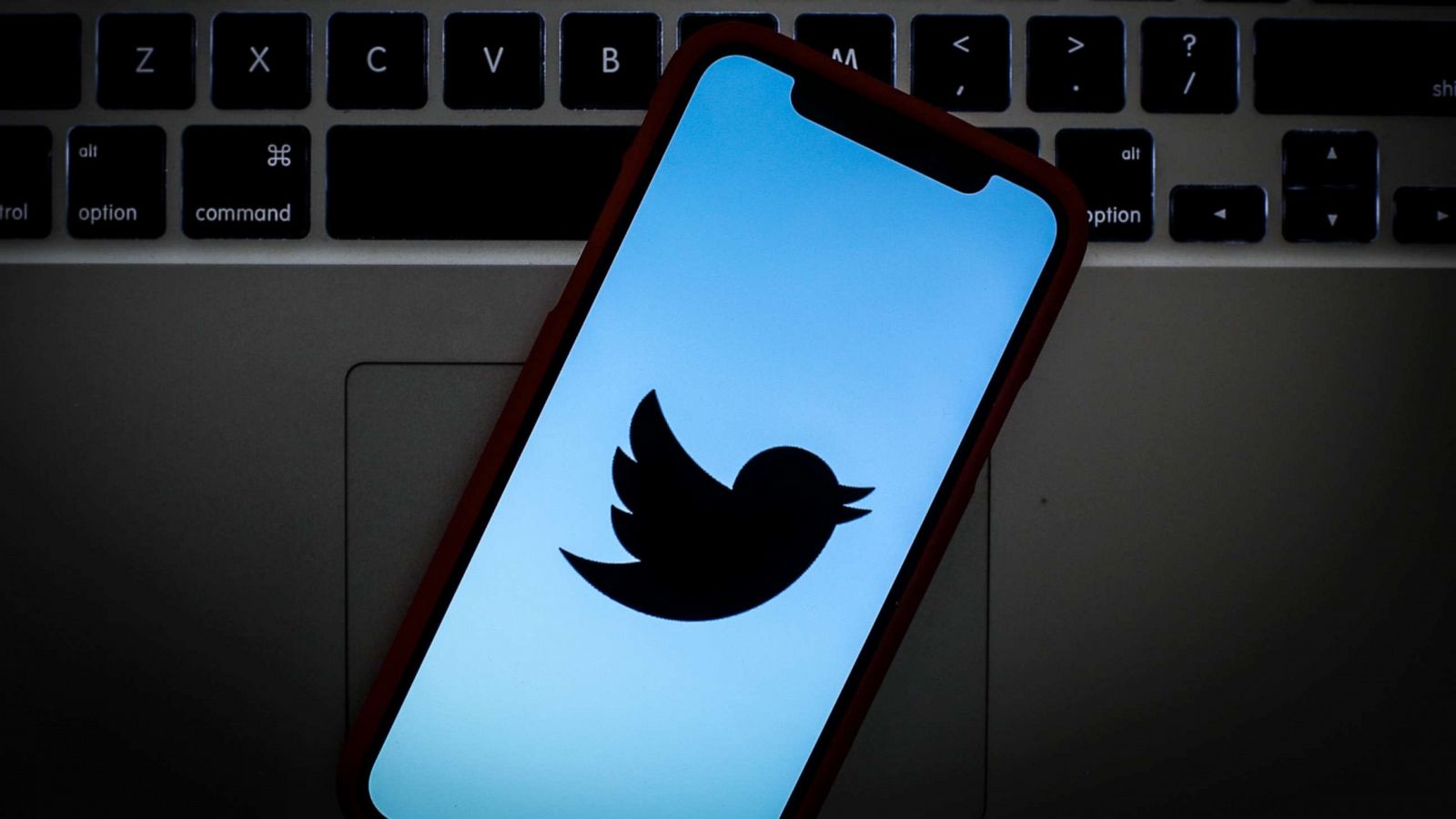Information Technology Act (Intermediary Guidelines and Digital Media Ethics Code), 2021

The Information Technology Act was approved in the year 2000. At that time the term Information Technology was limited to Electronic Documents, e-signature, and digital authentication of Records. There was no social media, Internet, and OTT platforms at that period. The social media networking sites came to India in the year 2005. Orkut was the first Social Media platform in India. Facebook came in the year 2006. After 2010, year after year, new versions of smartphones and new technologies emerged in India.

Internet is an abundant source of information. It also helps us to connect with our friends, family, and colleagues but at the same time, it is also a place of vulgarity. Keeping this in mind, the Government of India has passed new rules under Section 69A(2), Section 79(2)(c), and Section 87. The new rules that the Government has brought in these sections will deal with Social Media and Online Platforms.
New guidelines for Social Media Platforms in Information Technology:
- The Social Media platforms are into two groups: Social Media Intermediaries and Significant social media intermediaries. Socialmedia companies that have more than 50 lakh users in India are designated as significant social media intermediaries. Intermediaries act as a link between connecting people with each other.
- The government has recommended these social media intermediaries to conduct due diligence, i.e. to be extra cautious about what is getting posted by the users. If these platforms fail to comply the rules then they will lose their immunity under the Safe Harbour Provisions which are specified under Section 79 of the Information Technology Act. If the intermediaries do not monitor what is being posted on the platforms, they will be criminally liable.
- The government has asked these platforms to appoint a Grievance Officer who will be a mediator between the Government of India and the social media platforms.
- The significant social intermediaries have to give information about the first originator of such content that threatens the Sovereignty and Integrity of India, disturbs friendly relations with any country, incites riots, and disturbs public order so that actions can be taken against the originator.
- The intermediaries are told to appoint a Chief Compliance Officer, Nodal Contact Person, and a Resident Grievance Officer. All these officials must be a resident of India. A monthly compliance report must be published every month which will include all complaints received and the actions taken against them.
- An intermediary must delete any unlawful or bogus information from its platform upon receiving an order from the government as soon as possible to prevent the circulation of fake news. This law will help the central government in spreading fake anti-CAA narratives, JNU Congress toolkit controversy, misinformation on vaccines, etc.
- Social Media platforms must censor the speech of the users and set up a compliance team. It also told these platforms to take down the content within 36 hours when ordered by the Indian Government.
Issues related to these Rules:

- These rules have undermined the free speech of individuals, by fixing the Government as the ultimate adjudicator of objectionable speech online.
- By requiring tracing will break the immunity from end-to-end encryption in which the intermediaries did not have the access to the contents of the user’s messages.
In February, the Government ordered Twitter to take down hundreds of accounts that are featuring criticism of the state in connection with the large-scale farmer protests. Indian Government and Twitter have been in a public war as the new guidelines by the government have come into effect since May 26.

Cases have been filed against Twitter for publishing an incorrect map of India, showing areas occupied by Pakistan as not part of India. Allegations have been put on Twitter for the availability of child pornography on its handle. The government has filed an affidavit against Twitter in the Delhi High Court that it has lost the immunity from legal action that was once provided to the social media platforms as it has failed to comply with the new Information Technology Rules. However, Twitter will work on complying with new Information Technology rules by appointing a Nodal Officer and an interim grievance officer. The court has given 2 weeks to appoint the Officers.
Edited by Tanish Sachdev




